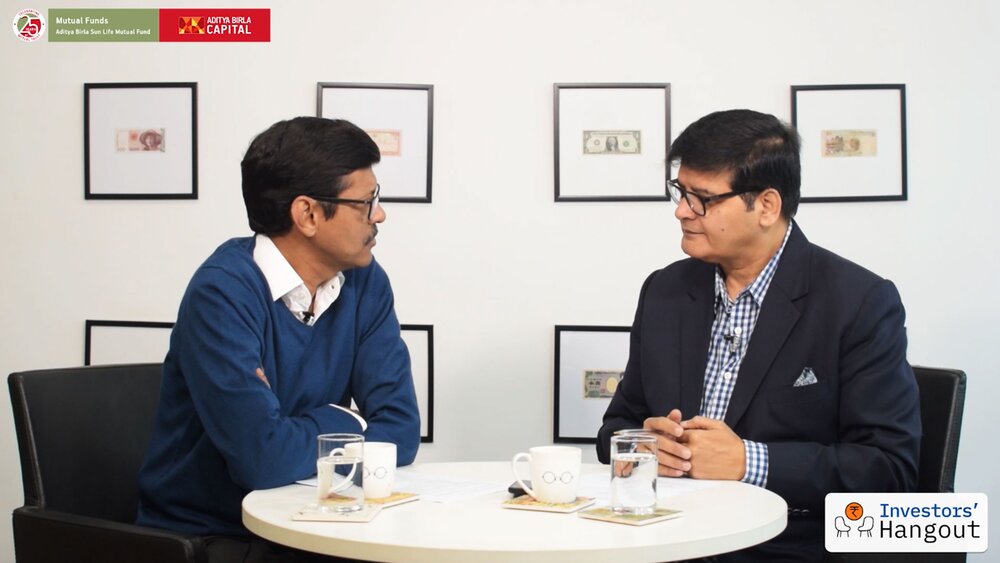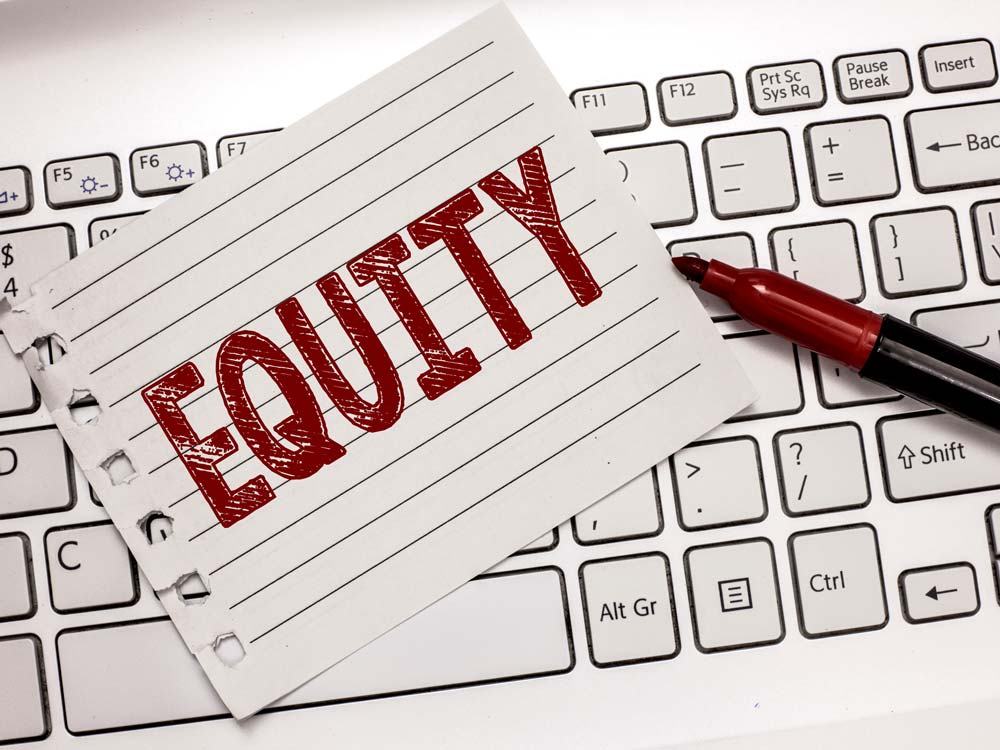
Value Research Stock Advisor has just released a new stock recommendation. You can click here to learn more about this premium service, and get immediate access to the live recommendations, plus new ones as soon as they are issued.
A popular misconception is that Equity Linked Savings Schemes (ELSSs) are not a suitable investment option for senior citizens and retired persons. This follows from the widespread notion that equity-backed investments in any form are unsuitable for older people.
The reality is quite the opposite though. The idea that equity is risky and suitable only for young people actually pushes many old, retired people into financial distress. Everyone tends to ignore the risk posed by the biggest threat to your financial well-being, inflation.
Equity may be volatile, but for investment periods of three to five years or longer, equity investments are actually low in risk and high in returns. For a long-range investment, short-term volatility is no concern. In fact, when you take inflation into account, bank FDs and similar deposits generate returns that are barely higher than the inflation rate and in effect, you lose value or barely maintain it. In a fixed deposit, the purchasing power of your money reduces at about the same rate as its value increases.
The important thing to understand here is that even after retirement, a part of your corpus earmarked to be used after a long-term of around five years or more, should be invested in equity to get inflation beating returns. And if you have a taxable income, there is no better alternative than an ELSS.
Other advantages of an ELSS:
- The realised gains on ELSS are exempt up to Rs 1 lakh in a financial year. Gains exceeding Rs 1 lakh are taxed at 10 per cent. But on FDs, the returns are added to the income and TDS is deducted yearly. The yearly deduction of TDS further reduces returns by making less money available for long-term compounding.
- ELSS is more liquid because the lock-in is three years, while in tax-saving FDs, the lock-in is five years. Unlike other kinds of FDs, tax-saving FDs are completely illiquid. Not only can you not break them prematurely, you cannot take a loan against them either.
Like all equity investments, the best way of investing in ELSS funds is through monthly Systematic Investment Plans (SIPs) throughout the year. However, a smaller number of evenly spaced investments can also work. You may view the ELSS funds available for you to invest in here.








